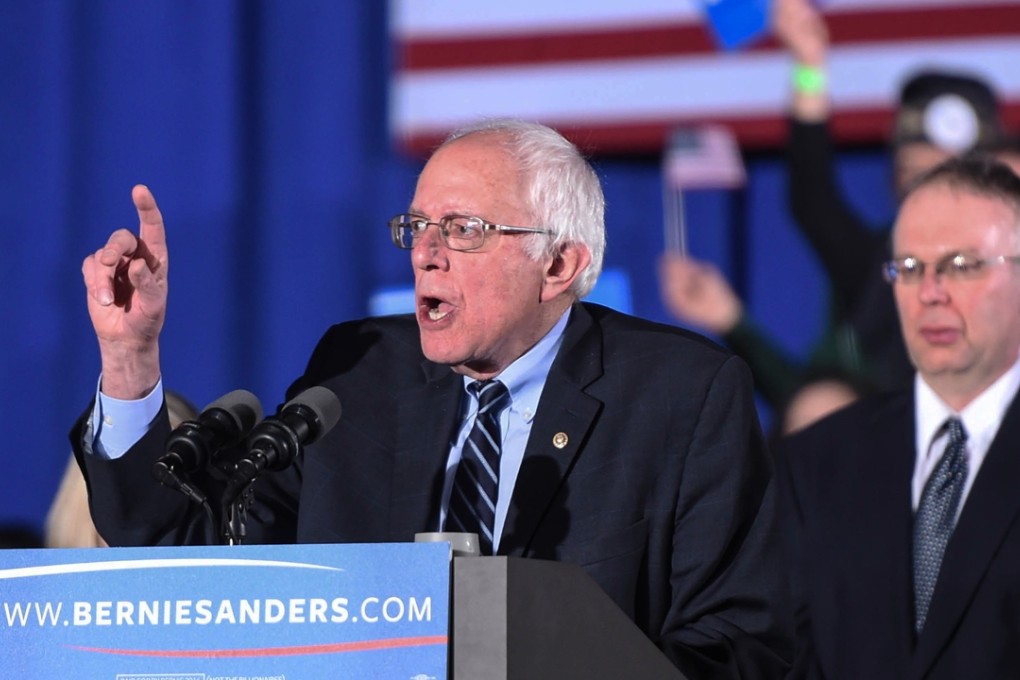The View | Record level of inequality means we now have three classes: the haves, have nots and the have yachts
Capitalist activity yields inequality as both an intended and unintended outcome

Some inequality is good, but history has shown that too much is bad. The present oligarchy of super wealth will profoundly alter our course of history and mankind.
Resolving this dilemma is almost impossible. As the 17th century theologian Jacques-Benigne Bossuet said: “God laughs at men who complain of the consequences while cherishing the causes.”
The emergence and apparent permanence of economic inequality and how government intervention can deal with it are the two most important economic and political issues in capitalist societies. The rise and affirmation of political outsiders Bernie Sanders and Donald Trump show that their ideas are not only popular, but translate into votes.
The turbulent seas of American politics reflect a bewildered nation historically caught somewhere in between the New Deal and quantitative easing.
They now flourish as they give voice to growing concerns that not only is there an inequality problem, but that the problem with capitalism lies with politicians who are unable and unwilling to take the necessary steps to reset the system. Politics is unlikely to resolve it completely.
Inequality is not simply the result of politics or the wealthy colluding with politicians. The reasons for its prevalence are more pernicious than generally recognised. Capitalist activity yields inequality as both an intended and unintended outcome. Reforms that create equality of opportunity only worsen it. Some individuals and communities are better suited for the development and advancement that capitalism affords.
The post-war decades allowed rapid economic and financial developments to concentrate the power under the super wealthy
